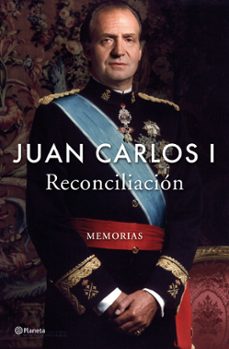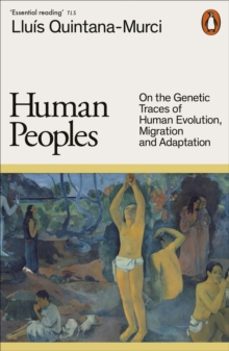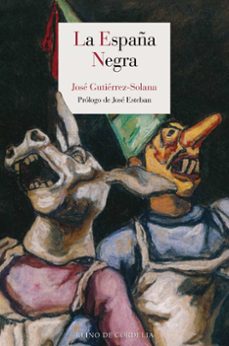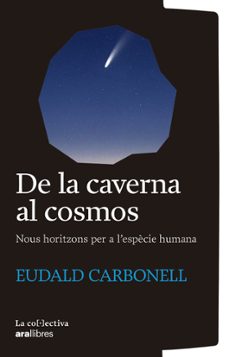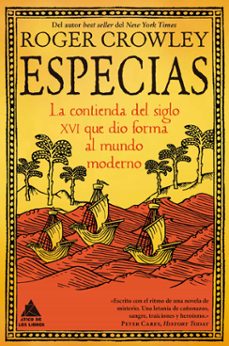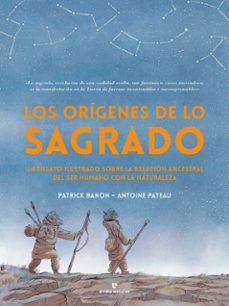Imprescindibles
Más vendidos Libros más leídos eBooks más leídos Todos los libros Todos los libros Autores destacados Series y sagas
Recomendados Libros recomendados Autores destacados Libros que inspiran Vidas con historia LGTBIQ+ English books
Ficción
Literatura Contemporánea Estudios literarios Clásicos Cuentos Poesía Teatro Libros de bolsillo Sagas literarias
Géneros literarios Novela romántica y erótica Novela negra Novela histórica Narrativa fantástica Novela de ciencia ficción Novela de terror Narrativa de humor Narrativa de viajes
No Ficción
Ciencias y tecnología Biología Ciencias Ciencias naturales Divulgación científica Informática Ingeniería Matemáticas Medicina Salud y dietas Formación Idiomas Estilo de vida Libros de Cocina Guías de viaje Narrativa de viajes Deportes Libros de Juegos Manualidades
Humanidades Autoayuda y espiritualidad Ciencias humanas Derecho Economía y Empresa Psicología y Pedagogía Filosofía Sociología Filología Biblioteconomía Estudios filológicos Estudios lingüísticos Estudios literarios Historia y crítica de la Literatura
Infantil
Juvenil
#Jóvenes lectores Narrativa juvenil Clásicos adaptados Libros Wattpad Libros Booktok Libros de influencers Libros de Youtubers Libros Spicy Juveniles Libros LGTBIQ+ Temas sociales Libros ciencia ficción Libros de acción y aventura Cómic y Manga Juvenil Cómic Juvenil Manga Shonen Manga Shojo Autores destacados Jennifer L. Armentrout Eloy Moreno Nerea Llanes Hannah Nicole Maehrer
Libros de fantasía Cozy Fantasy Dark academia Hadas y Fae Romantasy Royal Fantasy Urban Fantasy Vampiros y hombres lobo Otros Misterio y terror Cozy mistery Policiaca Spooky Terror Thriller y suspense Otros
Libros románticos y de amor Dark Romance Clean Romance Cowboy Romance Mafia y amor Romance dramatico Romance dramatico Romcom Sport Romance Otros Clichés Enemies to Lovers Friends to Lovers Hermanastros Slow Burn Fake Dating Triángulo amoroso
Cómic y Manga
Novela gráfica Novela gráfica americana Novela gráfica europea Novela gráfica de otros países Personajes, series y sagas Series y sagas Star Wars Superhéroes Cómics DC Cómics Marvel Cómics otros superhéroes Cómics Valiant
eBooks
Literatura Contemporánea Narrativa fantástica Novela de ciencia ficción Novela de terror Novela histórica Novela negra Novela romántica y erótica Juvenil Más de 13 años Más de 15 años Infantil eBooks infantiles
Humanidades Autoayuda y espiritualidad Ciencias humanas Economía y Empresa Psicología y Pedagogía Filosofía Historia Historia de España Historia Universal Arte Cine Música Historia del arte
Ciencia y tecnología Ciencias naturales Divulgación científica Medicina Salud y dietas Filología Estudios lingüísticos Estudios literarios Historia y crítica de la Literatura Estilo de vida Cocina Guías de viaje Ocio y deportes
Preventa de libros de Antropología social y cultural
Te puede interesar
Filtros
Del 1 al 8 de 8
QUINTANA MURCI, LLUIS
PENGUIN 9781802061383
Masterful and ambitious If you want to understand the power of population genetics in revealing the complex and diverse story of humanity read this book Tom Higham The international bestseller and new Bible of population genetics the science transforming our understanding of the past We are living through a revolution in knowledge Over the past twenty years genetics has shed light on the history of humanity in unprecedented ways It enables us to study an individual s genome compare it with populations worldwide and understand its place in human history Here Lluis Quintana Murci one of the scientists at the forefront of this research reveals how population genetics is transforming our understanding of who we are Thanks to numerous discoveries we now know how Homo sapiens spread around the world from their exit from Africa approximately 60 000 years ago to the recent settlement of the remote lands of Polynesia within the last millennia Population genetics has also shown that humans mixed with now extinct species including Neanderthals enabling them to adapt to new environments and survive diseases These cutting edge genetic findings will shape our future too offering the key to medicine tailored to individuals But the greatest revelation of populati
Ver más
Tapa blanda
REINO DE CORDELIA S.L. 9791387599416
Fascinante y desquiciado viaje por la España de 1920 con un estilo literario tan bronco como magnético y una extraña ternura a la que no es ajena un sentido del humor más bien torcido. "La España negra" recorre un pais pauperrimo, cruel y festivo de cirios que se derriten en iglesias oscuras, tabernas mugrientas donde se huele el hambre y contrahechos que deambulan por callejones polvorientos, mientras la muerte afila pacientemente su guadaña en cualquier esquina. Esta edicion se acompaña de grabados del autor, quien, en palabras pronunciadas por Camilo Jose Cela en su discurso de ingreso a la rae y a proposito de este libro, se fabrico, a su imagen y semejanza, un mundo en el que vivir, otro en el que agonizar y aun otro, tragico y burlon, en el que morir. Los personajes, los temas y los escenarios de Solana hacen eclosion, como la flor que se abre, en sus primeras paginas y ya no le abandonaran hasta su muerte.
Ver más
Tapa blanda
FRAMIS, ALICIA
Vergara 9788410467828
El testimonio de la primera mujer del mundo en casarse con un holograma: una artista catalana. Descubre una historia revolucionaria en la que la frontera entre lo humano y lo artificial se difumina. Una union que desafia convenciones y despierta cuestionamientos profundos sobre la identidad, la intimidad y el significado del compromiso. Un libro que cuestiona los modelos de pareja y reflexiona sobre la soledad, la etica en la IA y la compañia como el nuevo oro del siglo XXII
Ver más
Tapa blanda
CARBONELL I ROURE, EUDALD
LA COL.LECTIVA 9791387800161
Tapa blanda
Editorial Ariel 9788434440166
La vida cotidiana del misterio a través de los cultos que dan sentido a la vida de millones de personas en el mundo. Las religiones y espiritualidades contemporáneas siguen encendiendo la imaginación
Ver más
Tapa blanda
BANON, PATRICK
ERRATA NATURAE 9791387597337
Este ensayo recorre los orígenes de nuestra relación con la naturaleza y lo sagrado: desde las primeras imágenes de lo invisible hasta los mitos y ritos que dieron sentido a los fenómenos naturales, el ciclo de las estaciones, la fertilidad de la tierra o el movimiento de los astros. Entre la antropologia, la mitologia y la espiritualidad, estas paginas se leen como cronicas de lo sagrado y como un viaje por los mitos primigenios que han forjado el pensamiento humano. Un texto original y cautivador que ilumina la gran aventura comun de la humanidad y nos recuerda aquello que aun nos une a nuestros ancestros lejanos: la necesidad de encontrar un sentido a la vida y a la muerte mas alla del velo de las apariencias.
Ver más
Tapa blanda
EVANS, EDWARD PAYSON
El Desvelo 9791387799366
Historia de los juicios a los animales, de Edward Payson Evans, fue escrito en 1906 y explora uno de los capítulos más extraños de la historia de la justicia: los procesos judiciales contra animales acusados de crimenes como homicidio, herejia o destruccion de cosechas. El autor recopila casos documentados entre los siglos XIII y XVIII en Europa, donde cerdos, caballos, ratas, insectos e incluso orugas fueron arrestados, juzgados, defendidos por abogados y, en ocasiones, condenados a la horca o al destierro. A traves de estas historias, Evans muestra como el pensamiento juridico y religioso de la epoca proyectaba categorias humanas culpa, pecado, responsabilidad sobre los animales, revelando a la vez la mentalidad simbolica, magica y teologica de aquellas sociedades. El libro es a la vez un repertorio de anecdotas extravagantes y una reflexion sobre la evolucion de la justicia y la vision del ser humano frente a lo animal.
Ver más
Tapa blanda
Del 1 al 8 de 8


